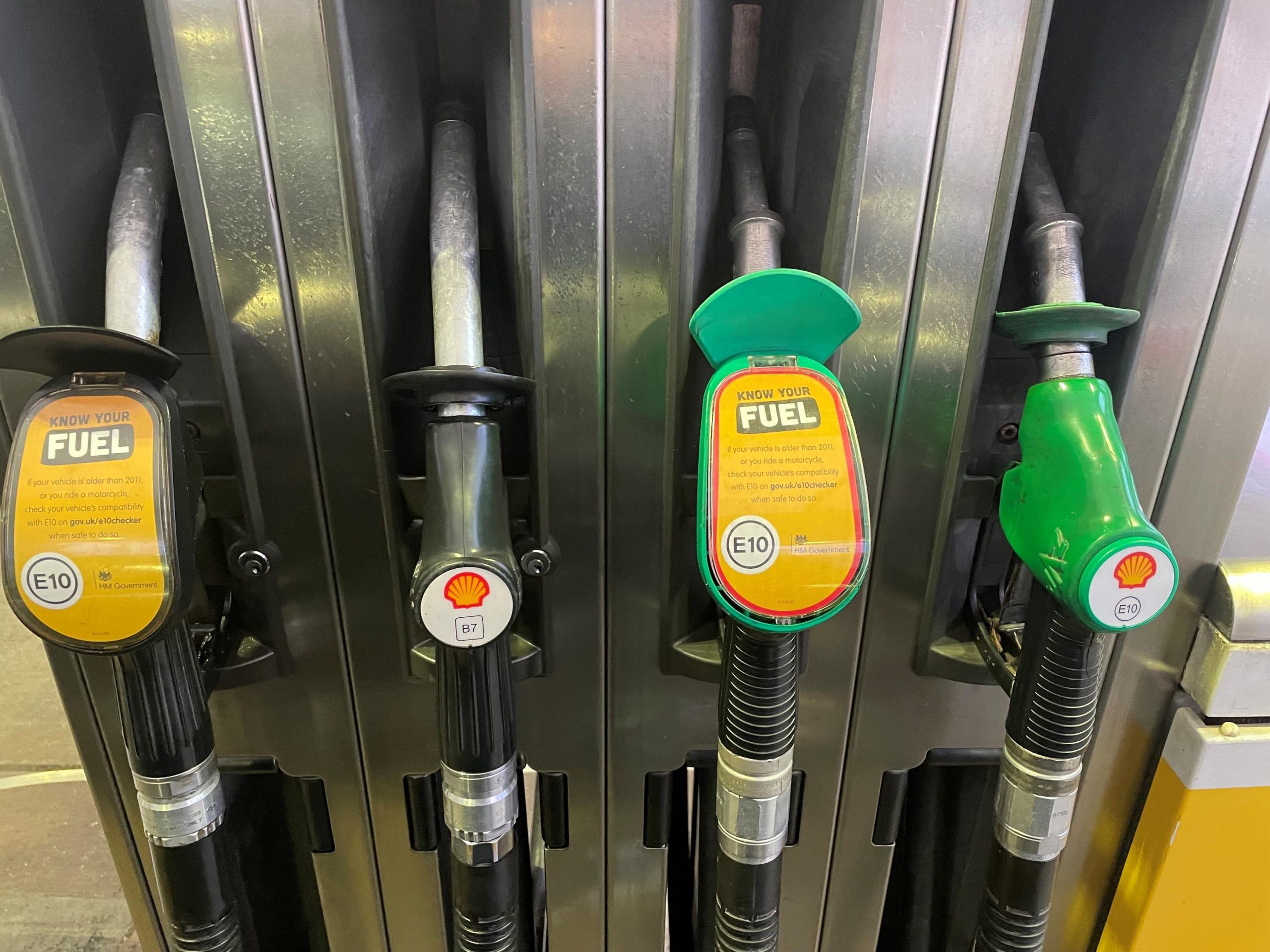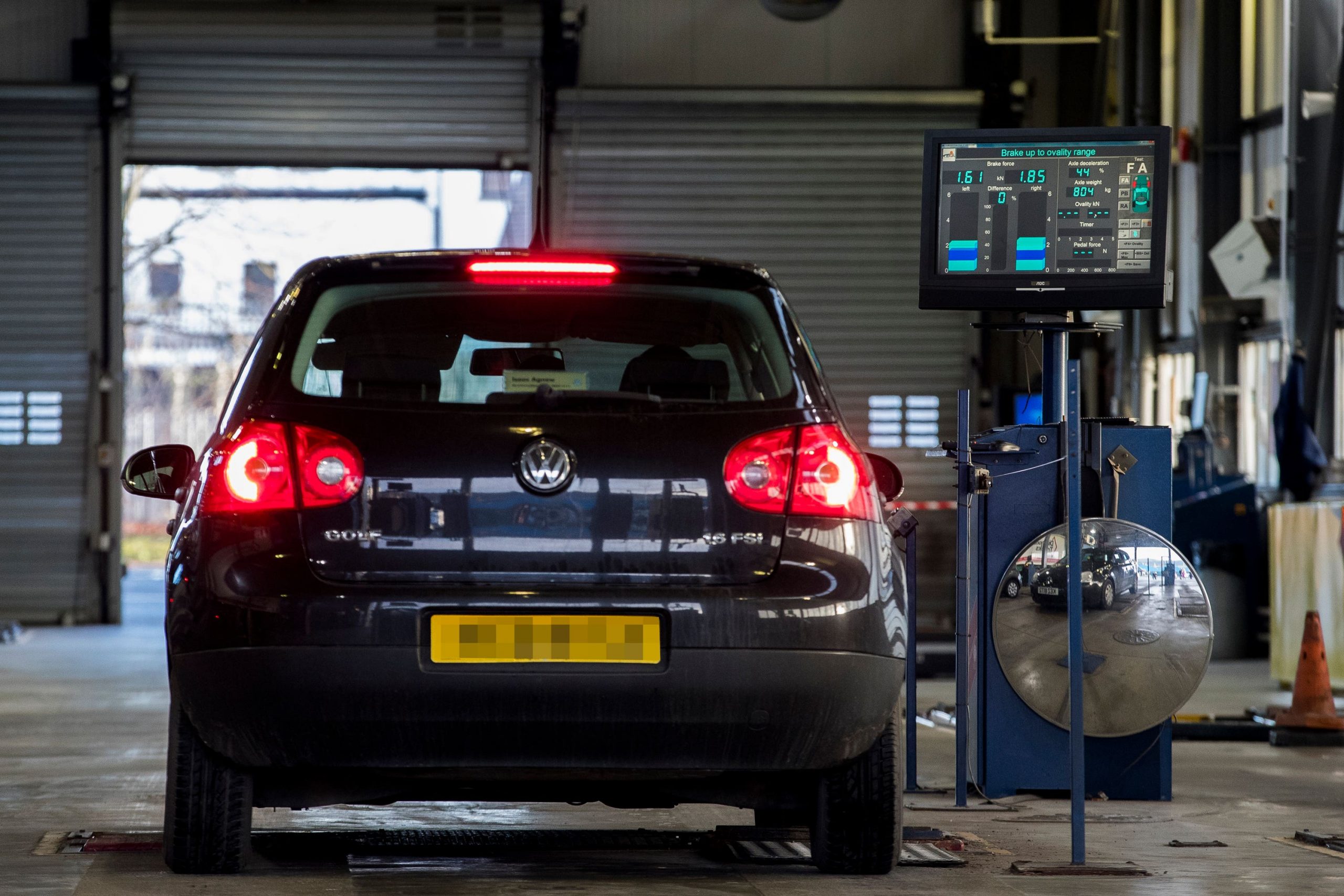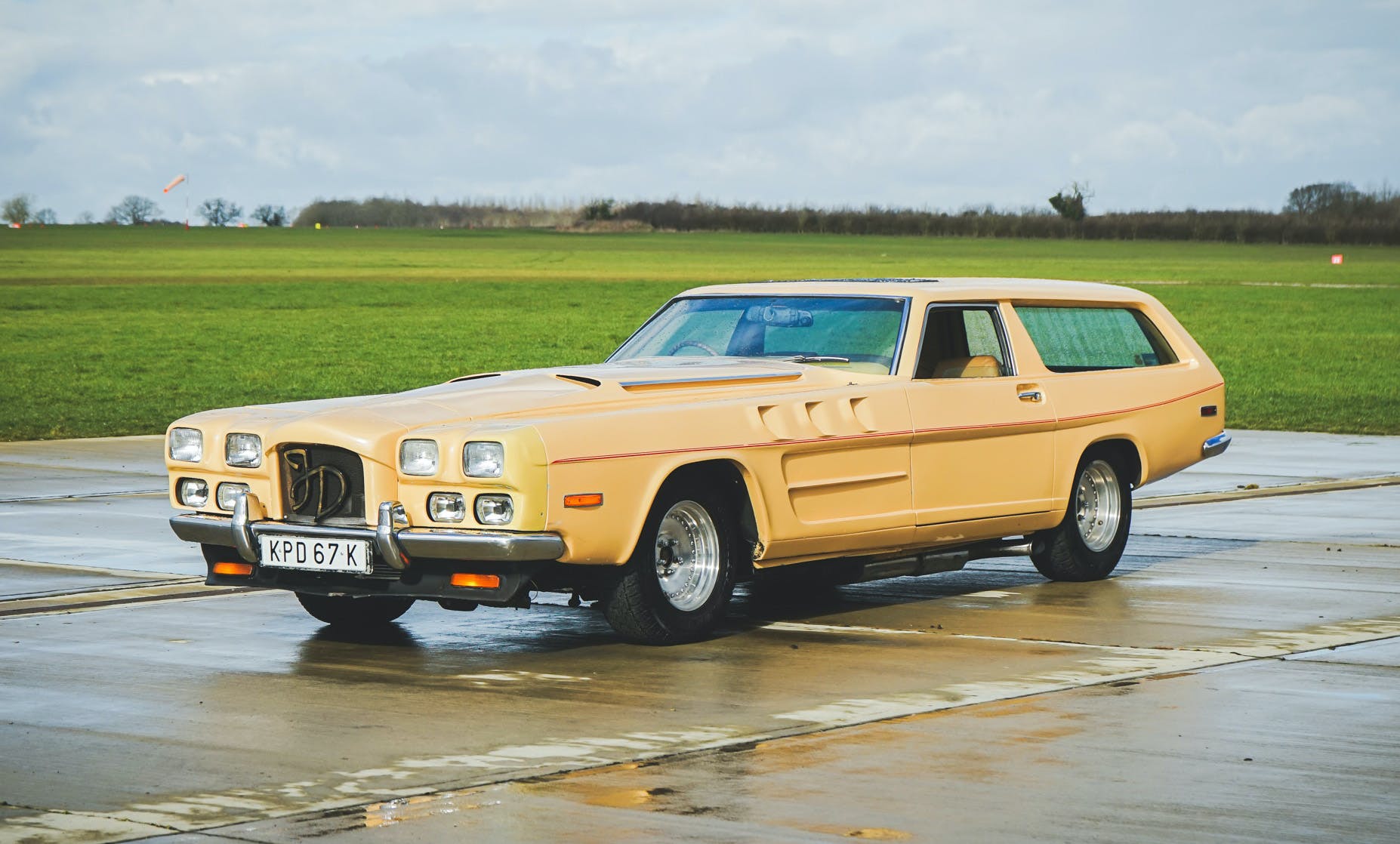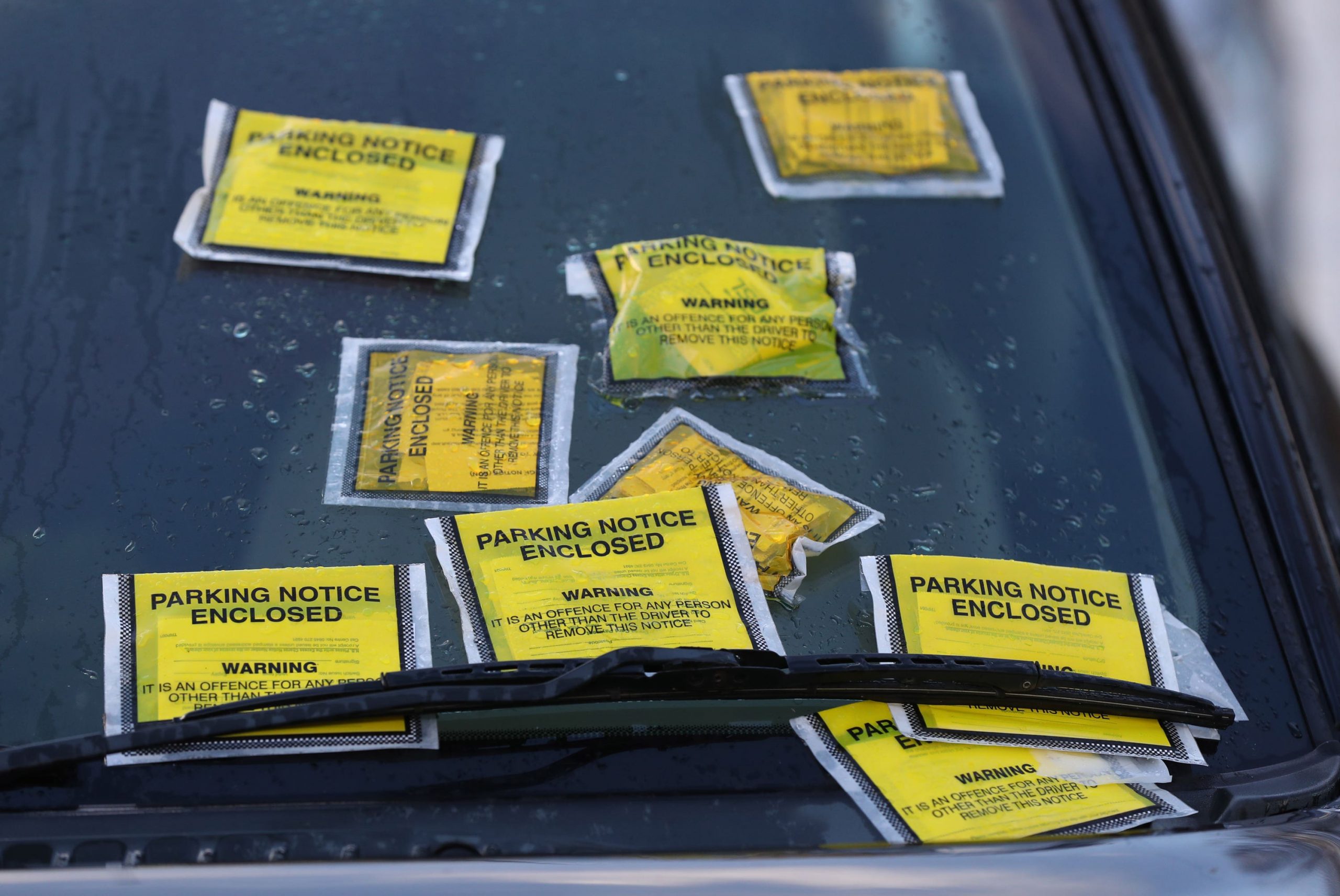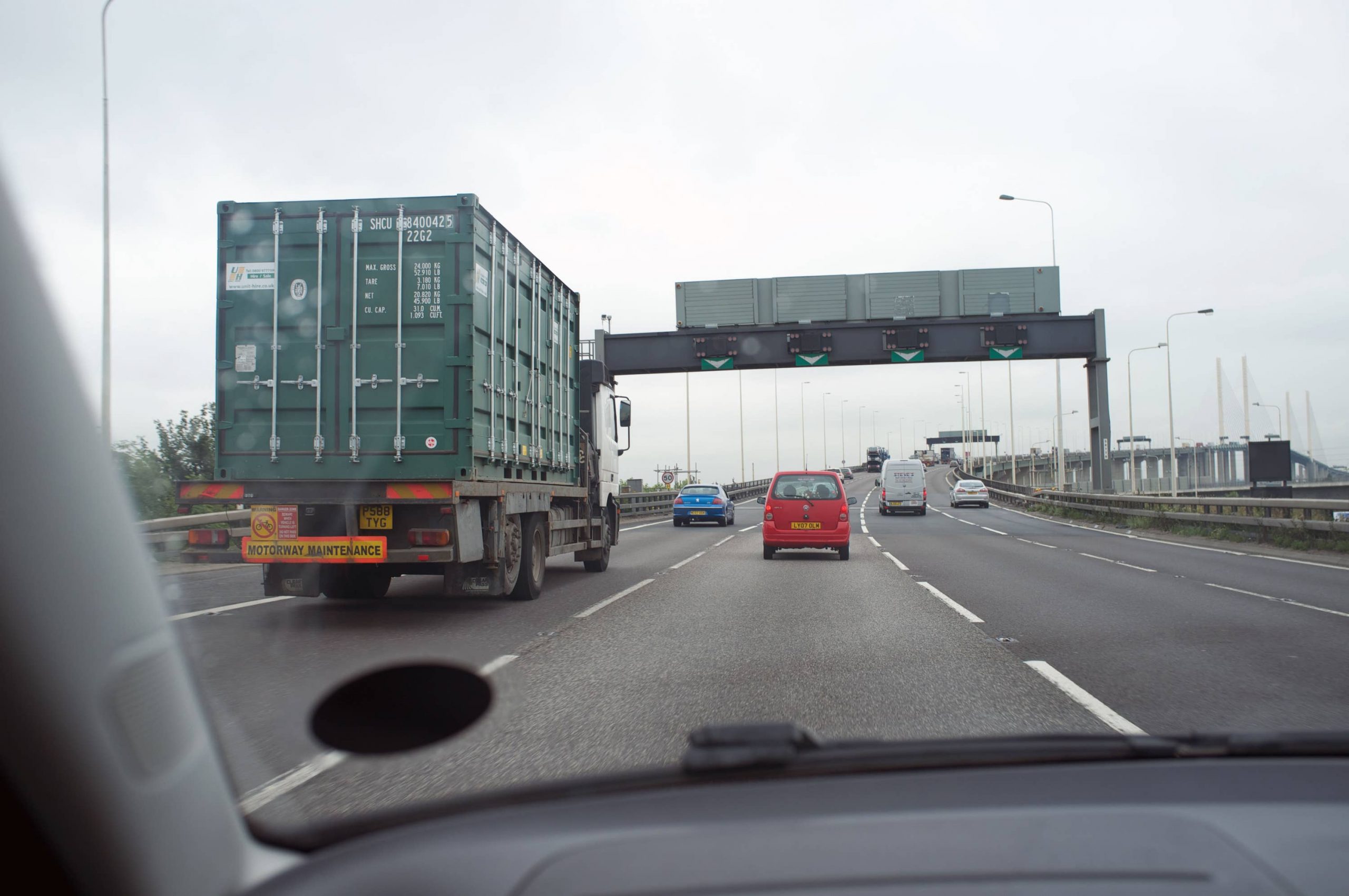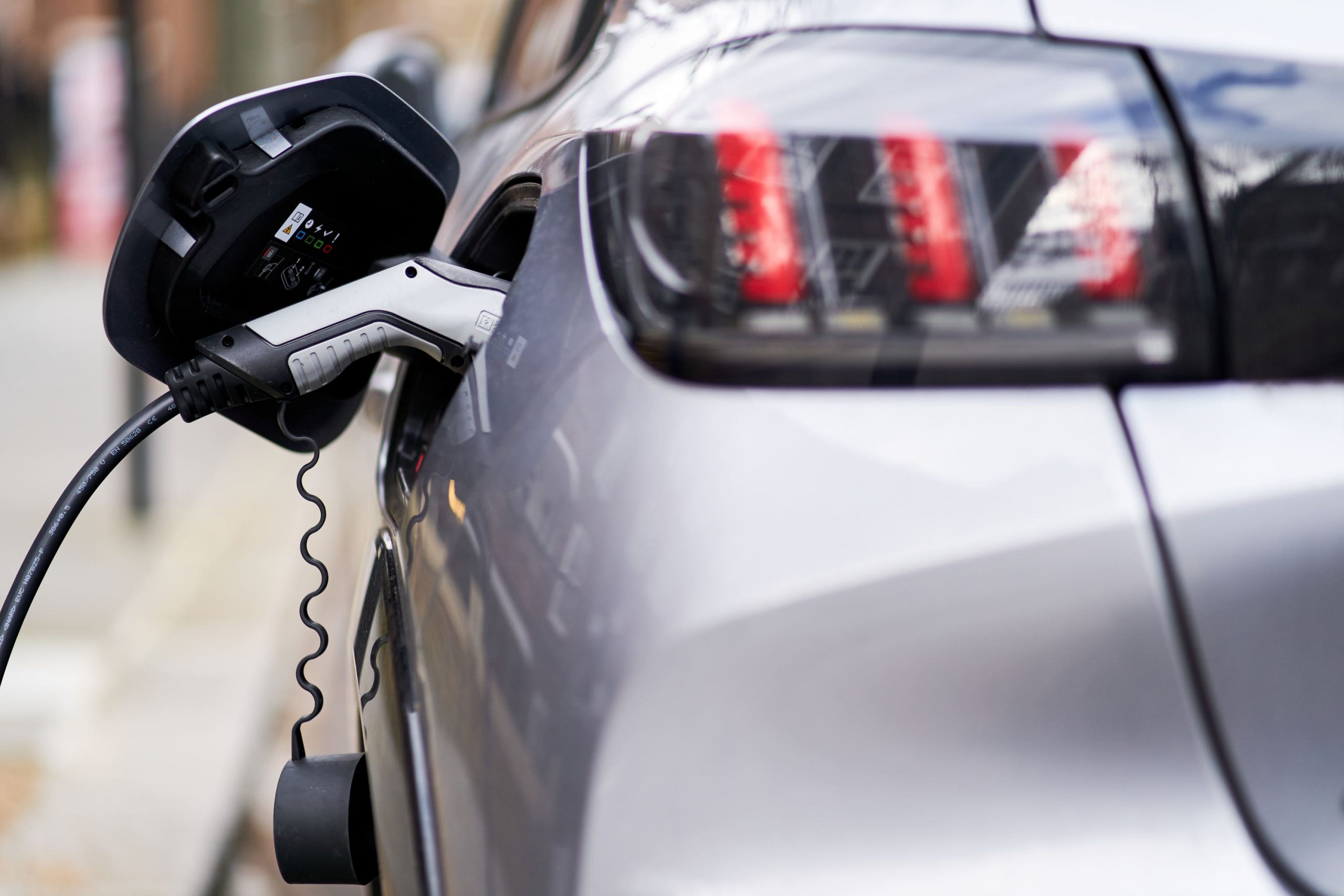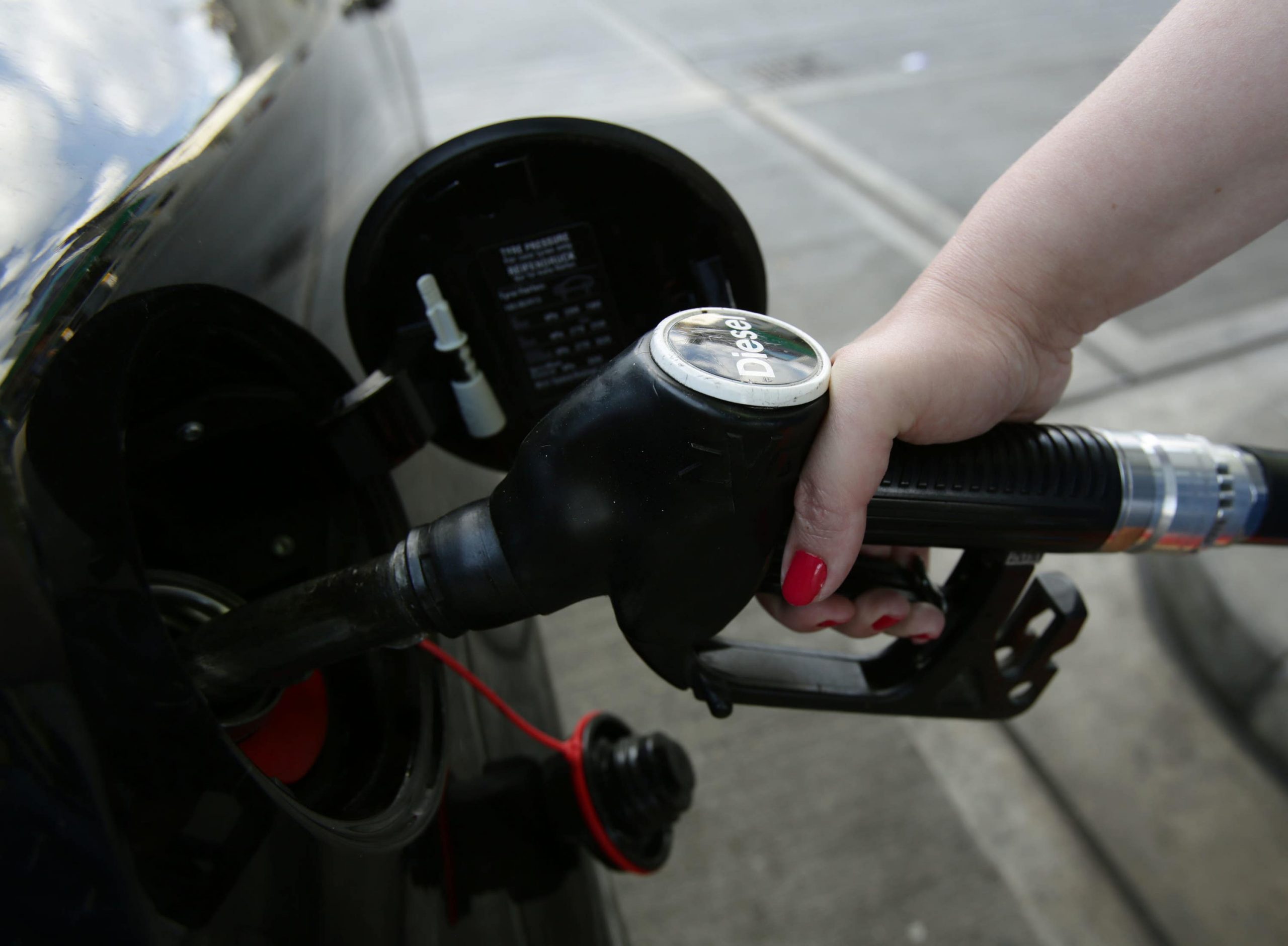The cost of both petrol and diesel fell for the fourth consecutive month in February, yet drivers requiring diesel continue to be overcharged at the pump, according to new data.
The price of an average litre of unleaded dropped by another penny to 147.2p, according to data from RAC Fuel Watch, while diesel fell by 3.19p to 167.9p. As a result, the cost of filling up an average-size 55-litre family car with petrol is now £81.25, down from £81.94 a month earlier.
Diesel, meanwhile, dropped by 3.19p to 167.19p, making the cost of filling up a diesel family car £91.95, down from £93.71 at the start of the month.
However, analysis of wholesale prices by the RAC shows that diesel drivers are being ‘needlessly’ overcharged at the pumps. Despite just a six-pence difference between the wholesale costs of petrol and diesel, diesel pump prices are currently 20p more than petrol.
The RAC states that this means drivers of diesel cars are paying around £7 more per tank than if the fuel was being sold at a ‘fairer’ price of around 155p a litre.
RAC fuel spokesman Simon Williams said: “A reduction in pump prices would normally be extremely welcome news for drivers, not least in a cost-of-living crisis that is making the price of so many everyday items and services much more expensive than normal.
“But while our analysis shows drivers of petrol cars are paying a fair price at the pumps, the same sadly can’t be said for anyone whose vehicle runs on diesel.”
The RAC says that drivers face a ‘pump price shock’ in less than two weeks unless the Chancellor retains the 5p duty cut which was put in place a year ago and cancels the annual planned hike at the Spring Budget on March 15.
Williams added: “To decide to raise prices by 5p on both fuels would prove punishing to households and businesses struggling to make ends meet, and may have a detrimental effect on both inflation – which the Government is desperate to bring down – and the wider economy.
“In the case of diesel, it would also mean the UK has the highest fuel duty rate in the whole of Europe.”

